
Frenchman Henri Fabre’s name might not ring a bell to most people. But it just might to pilots operating aircraft that use lakes and rivers as their runways. In 1910, Fabre was credited with the first flight of a powered seaplane at Martigues near Marseille, France. Oddly, Fabre was not even a pilot when he flew his gangly looking Hydravion aircraft just over a mile. The airplane’s plywood floats were so elegantly designed more than a hundred years ago that they created additional lift once the aircraft was airborne. Fabre’s seaplane flight was followed a year later by another similar event, this flight by American aviation pioneer Glenn Curtis at the controls of his Curtis Model D. Curtis’ airplane employed a central float and outboard sponsons for stability. So radical was Curtis’ feat in early 20th-century America, he was awarded the first Collier Trophy for flight achievement.
Within 25 years of those first flights, enormous flying boats such as Pan Am’s Clippers became renowned for their luxurious trans-Pacific and trans-Atlantic flights. Today, operating on the water has become the realm of smaller aircraft such as the Cessna Caravan on floats or the Super Viking (an updated version of the famous de Havilland Twin Otter), not to mention a host of single-engine aircraft that often traded their factory-installed landing gear for a set of enormous pontoons. Many of today’s floats include retractable landing gear that transforms them into versatile amphibious machines able to operate from both hardsurface runways and the water.
This story is from the November 2020 edition of Flying.
Start your 7-day Magzter GOLD free trial to access thousands of curated premium stories, and 9,000+ magazines and newspapers.
Already a subscriber ? Sign In
This story is from the November 2020 edition of Flying.
Start your 7-day Magzter GOLD free trial to access thousands of curated premium stories, and 9,000+ magazines and newspapers.
Already a subscriber? Sign In
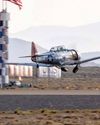
The Temple of Speed
Reno entices even this altitude-oriented pilot.

Flat Sixes
Fanatical artisans
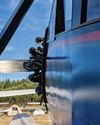
Blue over Green, Tent in Between
I’m old , I’m cranky. Why do I keep air-camping?
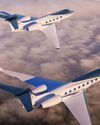
Gulfstream Reveals G400, G800
The product lineup gains large-cabin and ultralong-range mounts.
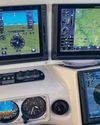
Every Airplane Requires a Checkout
Embrace the challenge of mastering a new machine.
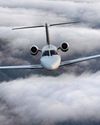
Fuhggedaboutit
Fifty-plus years of f lying forgetfulness
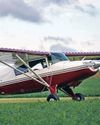
THE MAULE FAMILY APPROACHABLE AIRCRAFT
Choose your mount —the Maules do it all.
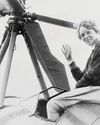
Sisters
“ Women certainly have the courage and tenacity required for long flights.” —Mildred Doran
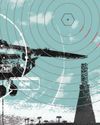
INSIDE OUT OR OUTSIDE IN?
What kind of pilot should you be?
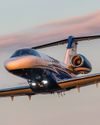
WE FLY: CESSNA CITATION CJ4 GEN2
THE FLAGSHIP CJ JUST GOT A WHOLE LOT BETTER.